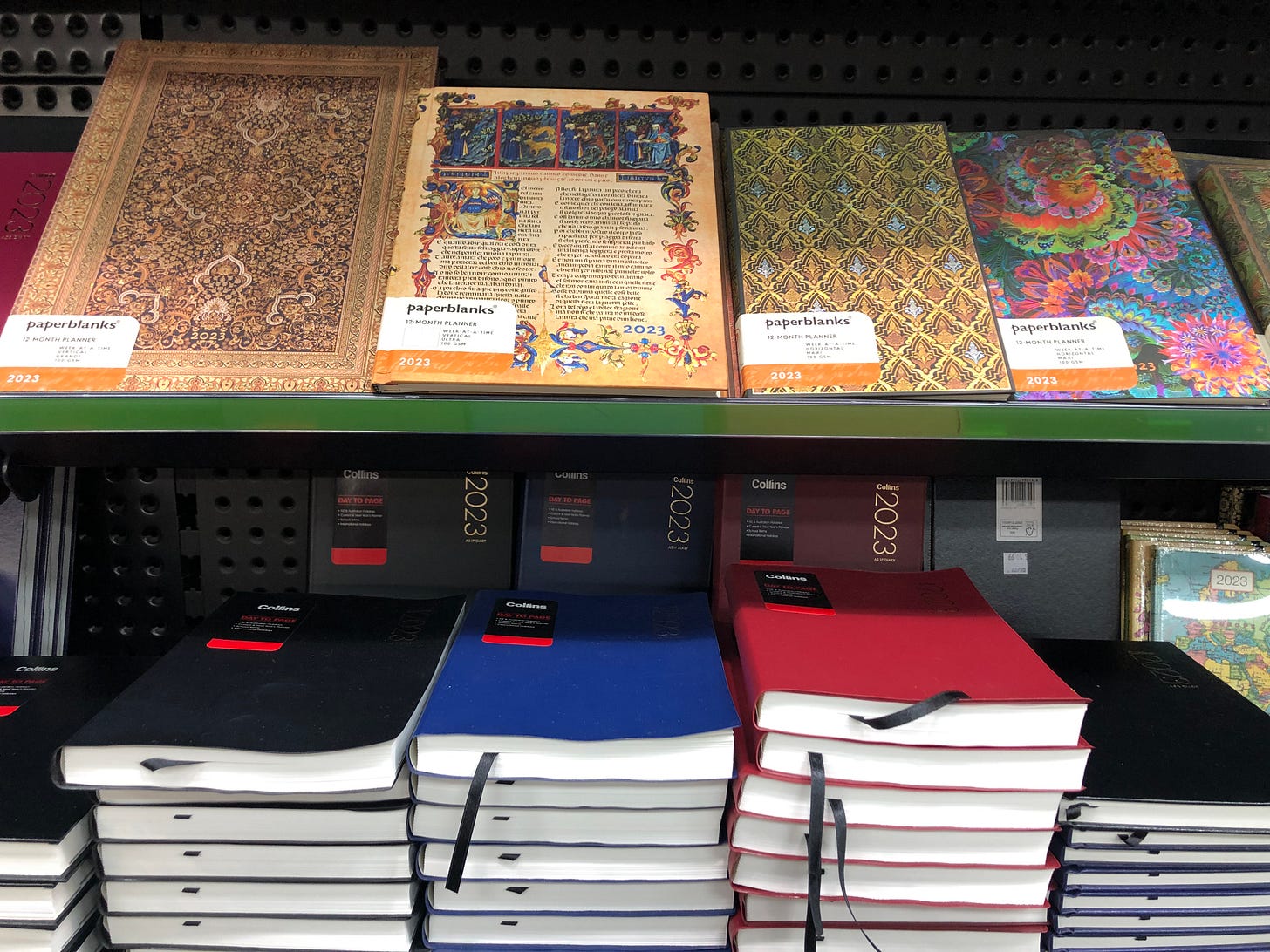The Master List
Ten movies to help you write your book
The first assignment I always give writers who take my workshop is THE MASTER LIST.
Now, we’ve been talking about using Master Lists for different story elements and different aspects of storytelling.
But this first Master List is the most important, and very simple:
- List ten books and films that are similar to your own story in structure and/or genre (at least five books and three movies if you’re writing a book, at least five movies if you’re writing a script.).
- Or if you’re trying to decide on the right project for you to work on, then make a list of ten books and films that you wish you had written!
And you people who have done this with me before – remember that it’s good practice to make a Master List for every new project you’re working on! Your lists will be different for different books.
As always with brainstorming, I encourage you to do this list with pen and paper rather than typing on your laptop. Writing by hand is a different kind of creativity, and we want to go deep for this!

What you’re looking for is ten novels and films put you in mind of the story and genre you’re working on, and more importantly, that have had the maximum emotional and intellectual effect on you.
It’s very simple: in order to write stories like the ones that move you, you need to look at the stories that affect you and figure out what those authors and filmmakers are doing to get the effect they do.
One of the things that making a Master List will do for you is to hone in on your genre and subgenre.
Immersing yourself in your genre will quickly remind you that every genre has its own structural patterns and its own tricks. Screenwriter Ryan Rowe says it perfectly: “Every genre has its own game that it’s playing with the audience.”
For example, with a mystery, the game is “Whodunit?” You are going to toy with a reader or audience’s expectations and lead them down all kinds of false paths with red herrings so that they are constantly in the shoes of the hero/ine, trying to figure the puzzle out.
But with a romantic comedy or classic romance, there’s no mystery involved. 99.99% of the time the hero and heroine are going to end up together. The game in that genre is often to show, through the hero and heroine, or heroes and heroes or heroines and heroines, how we are almost always our own worst enemies in love, and how we throw up all kinds of obstacles in our own paths to keep ourselves from getting what we want.
(Come on, you know it’s true!)
Once you start looking at the games that genres play, you will also start to understand the games that you most love, and that you want to play with your readers and audience.
Subscribe for free to get these posts in your inbox:
I’m primarily a thriller writer, and my personal favorite game is: “Is it supernatural or is it psychological?” I love to walk the line between the real and unreal, so I am constantly creating story situations in which there are multiple plausible explanations for the weird stuff that’s going on, including mental illness, drug-induced hallucinations, and outright fraud. That’s why my master list for any book or script I write will almost always include The Haunting of Hill House and The Shining, both classic books (and films) that walk the line between the supernatural and the psychological.
But what works for me structurally is not necessarily going to do it for you. You have to make your own list!
And obviously, it’s not just structure that this Master List reveals to you. Theme, character, style, emotional intensity, ethics and morality… your list reveals your most personal preferences.
If you take the time to study and analyze the books and films that have had the greatest impact on you, personally, or that are structurally similar to the story you’re writing, or both, that’s when you really start to master your craft. Making the lists and analyzing those stories will help you brainstorm your own unique versions of scenes and meta-structures that work in the stories on your Master List; it will help you figure out how your particular story will work. And doing this analysis will embed story structure in your head so that constructing a story becomes a fun and natural process for you.
Another great benefit of making the Master List is that it helps you “brand” yourself as an author. Agents, editors, publishing houses, publicists, sales reps, bookstores, reviewers, media interviewers, librarians, the Amazon algorithm and most importantly, your readers — all of these people and systems want to be able to categorize you and your books. You need to be able to tell all of these people exactly what it is you write, what it’s similar to, and why it’s also unique. That’s part of your job as a professional author.
Remember, the list isn’t written in stone! You can change anything on it at any time. And honestly, when you’re doing these lists, it’s often most useful to write the first ten films and books that come to mind. Doing it fast and without thinking about it too consciously might show you something you never realized about what you’re writing.
And I encourage you to splurge on a nice big beautiful notebook to work in, and create your personal, ongoing and growing MASTER LISTS BOOK.
That way you’ll always have your lists in one place for easy reference, and that you can add to with each useful movie you watch and book you read.
You can use a gorgeous sketchbook:
OR: I’ve found it’s much more practical for me to use a 3-ring notebook with plastic page protectors. That way I can tuck the lists I scribble in a notebook (or on the back of a boarding pass!) directly into the notebook without taking the time to transcribe. (I may or may not do it later….) And it’s easy to add images, articles, and other inspiration for my current book or script.
It can be as simple or as elaborate as you want!
(Read more about this personalized story notebook in Stealing Hollywood and Writing Love).
But start with that first crucial list:
- List ten books and films that are similar to your own story in structure and/or genre (at least five books and three movies if you’re writing a book, at least five movies if you’re writing a script.).
- Or if you’re trying to decide on the right project for you to work on, then make a list of ten books and films that you wish you had written!
Share it in the comments if you feel like it or would like some feedback!
- Alex
All material © Alexandra Sokoloff, Screenwriting Tricks for Authors
Why subscribe?
Screenwriting Tricks for Authors is a reader-supported publication. Please consider contributing to this work by becoming a free or paid subscriber!
Likes, Comments and Shares are really helpful and much appreciated.
Know someone who needs to read this post? Why not share it?
Need some help? The Screenwriting Tricks for Authors workshop is available online, as a self-paced course with all the videos, assignments, movie breakdowns and personalized feedback you need to get that book written this year, 15 minutes at time.
In three parts, and you only pay for what you use.
If you have a first draft of a book or script already, or need more feedback, get targeted help getting you over the finish line in The Writers’ Room.
Read more on Master Lists and the Master List Notebook in Chapter 1 of Stealing Hollywood and Writing Love, and throughout the books.
Get the workbooks:
Stealing Hollywood ebook, $4.99, also available as print workbook
Writing Love ebook, $2.99









Love the look of your Scottish festival. Maybe next year!
My vision list is or was much like yours - travel has been so important but I worry both about getting hassled for having said something nasty about Trump and about all the airplane crashes. Two French friends of friends got questioned separately about their visit. So, you say you're cat sitting for friends, do you?
I'm a slow writer, but do hope to write another Paris novel or two. And I do have my fanfic romance that I hope to turn into a paranormal. Chatgpt, bless its witty little heart, did a huge amount of research for me in a flash, to provide background for setting it right after the Commune. I'm already familiar with the era but it handed me particulars to use. Still - I'm having trouble finding the right new set up for the main characters. Lots of possibilities, but nothing quite clicks.